Vision-Based Analysis of Small Groups in Pedestrian Crowds
advertisement
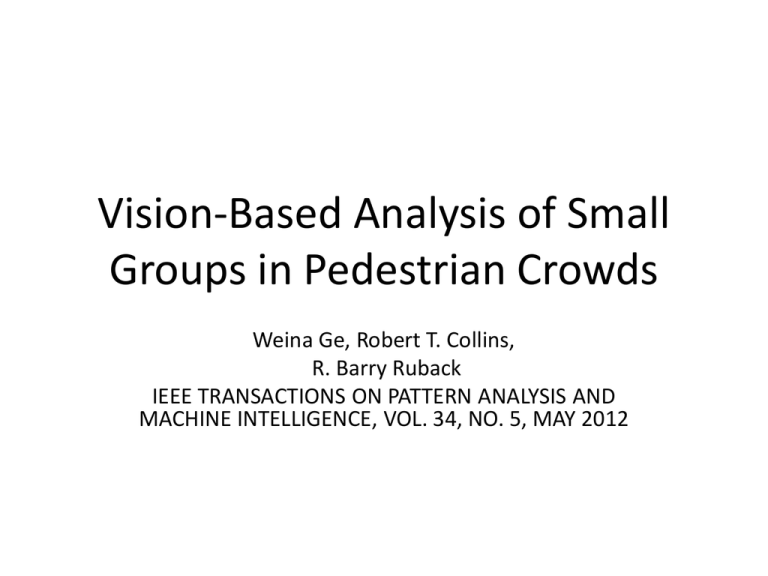
Vision-Based Analysis of Small Groups in Pedestrian Crowds Weina Ge, Robert T. Collins, R. Barry Ruback IEEE TRANSACTIONS ON PATTERN ANALYSIS AND MACHINE INTELLIGENCE, VOL. 34, NO. 5, MAY 2012 Goal Outline • • • • • • Introduction Background and related work Detecting and tracking individuals Identifying small groups Experimental evaluation Conclusion Introduction • There has been increasing interest in using surveillance trajectory data for human behavior analysis. • This paper discover small groups of people who are together. Introduction • A small group behavior suggests new strategies for police intervention during public disturbances. • Police should look at small groups, only a few of which might merit coercion. • This paper demonstrates that computer vision is a capable for supporting sociological analysis.(crowds data) Background and related work • 89 percent of people with at least one other person 52 percent with 2 , 32 percent with 3, and that 94 percent left with whom they came with. [8] • So divide a crowd of people into small pedestrain groups is useful for identification group behavior. [8] C. McPhail, “Withs across the Life Course of Temporary Sport Gatherings,” unpublished manuscript, Univ. of Illinois, 2003. Background and related work • Collective locomotion behavior is also studied in the traffic analysis and crowd simulation community. • Microscopic level model is suitable for evacuation planning than macroscopic model[40]. [40] A. May, Traffic Flow Fundamental. Prentice Hall, 1990. Detecting and tracking individuals • For videos captured from high elevation/wide angle views where people are small, detected by using (RJMCMC) to find a set of overlapping rectangles. Detecting and tracking individuals • For higher resolution videos, We use the HoG detector, implemented from the description in Dalal and Triggs [61]. • The camera is stationary, so background subtraction is useful for detecting. [61]N. Dalal and B. Triggs, “Histograms of Oriented Gradients for Human Detection,” Proc. IEEE CS Conf. Computer Vision and Pattern Recognition, pp. 886-893, 2005 Detecting and tracking individuals • Sets of tracklets extracted in overlapping sliding windows of time are combined into longer trajectories. • Make a N(trajectories)*M(tracklets) affinity table. • best assignment of trajectories is solved by Hungarian algorithm[64]. [64] H.W. Kuhn, “The Hungarian Method for the Assignment Problem,” Naval Research Logistics Quarterly, vol. 2, pp. 83-97, 1955. Detecting and tracking individuals • Trajectories for which there is no matching tracklet have their “health” decremented. Identifying small groups • Consider the trajectory of a person in the scene as a set of tuples (s,v,t) Identifying small groups • intergroup closeness between two groups of people by a generalized, symmetric Hausdorff distance Identifying small groups Identifying small groups • Within each temporal slice, starting from clusters with a single member, we gradually group people by agglomerative hierarchical clustering. • Each merging step is governed by intergroup closeness(Hausdorff), and intragroup tightness. Experimental evaluation Experimental evaluation • The ground truth data , coded by several coders . • Coders can replay the sequence if they want to, the ground truth groups are their agreements. • Another set of ground truth are made by interviewing the people walked in the video. Experimental evaluation Kapa test • • • agreement=(20+15)/50=0.7 P(A)yes = 0.5 P(B)yes = 0.6 • Random agreement=0.5*0.6+0.5*0.4=0.5 Experimental evaluation Experimental evaluation Experimental evaluation Experimental evaluation Experimental evaluation Conclusion • Results demonstrate that automated tracking is capable of real crowds faster and with similar accuracy as human observation. • Our future work is investigation of small group configurations across different social events.
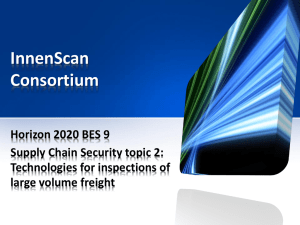
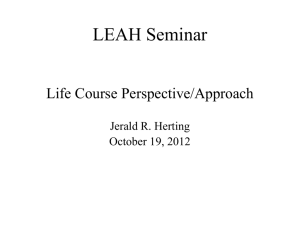
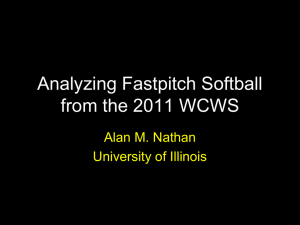

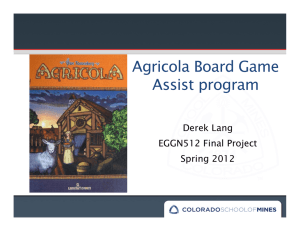
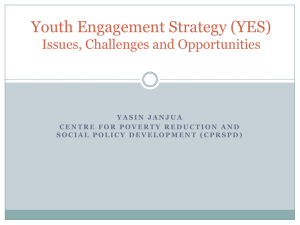

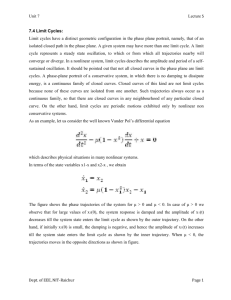

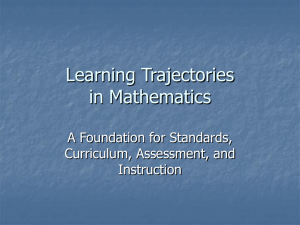
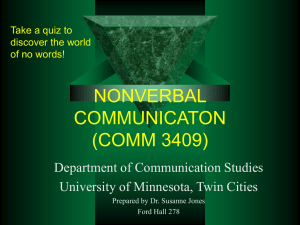

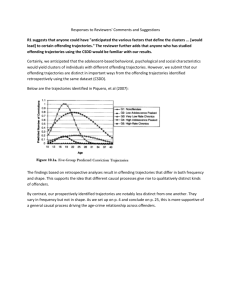
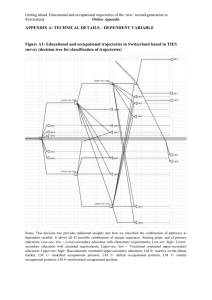
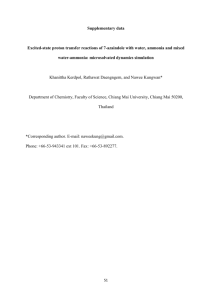

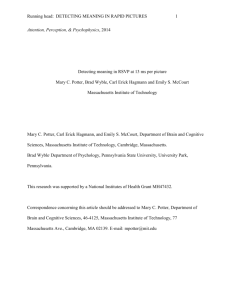
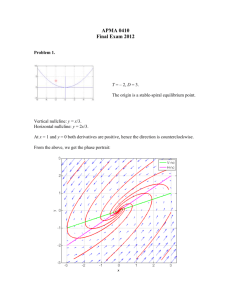
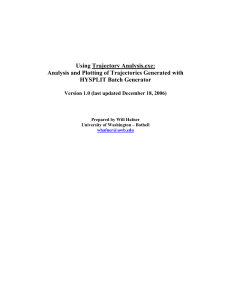
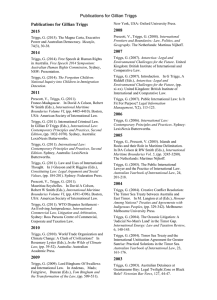
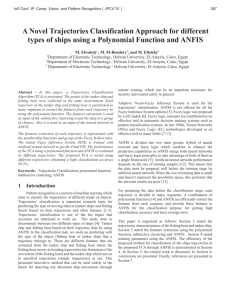
![paper_ed25_26[^]](http://s3.studylib.net/store/data/005849541_1-5de2022430464f0968fc6381bfd58bea-300x300.png)